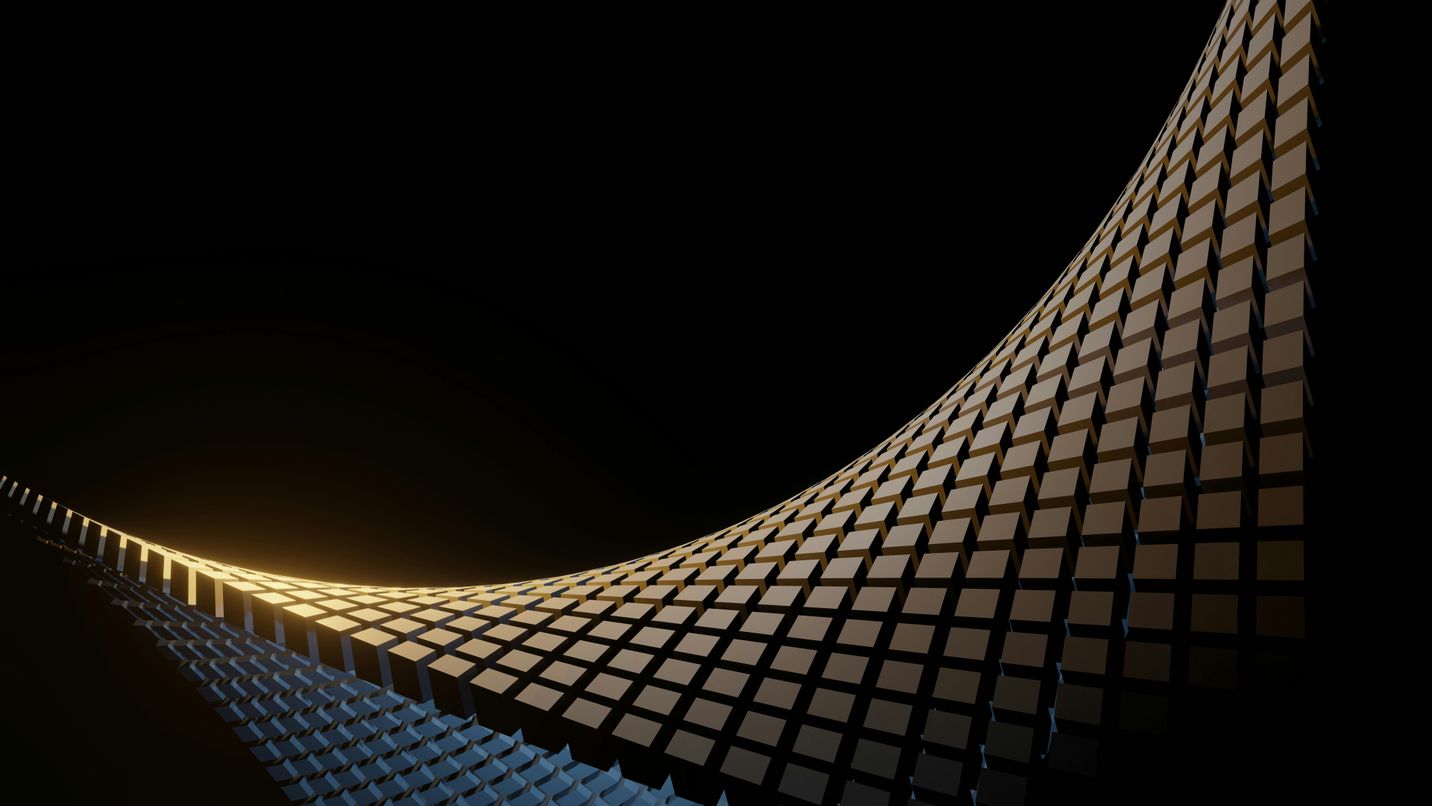
Actualités
Inscrivez-vous à notre newsletter mensuelle, pour ne pas manquer les conseils de nos experts, nos webinaires et l'actualité dédiés à la Propriété Intellectuelle.
Recherche
- Article
- Blog | Flash infos
- Webinaire
- Livre blanc
- Témoignage
- Événement
Ressources (1058)
![[Webinaire] Contrefaçon en ligne et rôle des plateformes : être ou ne pas être responsable ?](https://novagraaf-staging.s3.eu-west-3.amazonaws.com/image_ff7da74525.jpeg) Webinaire[Webinaire] Contrefaçon en ligne et rôle des plateformes : être ou ne pas être responsable ?Le développement continu du commerce en ligne entraîne malheureusement celui de la contrefaçon qui trouve de nombreux moyens de diffusion et il n'est pas simple de localiser les atteintes et leurs aut...Regardez maintenant
Webinaire[Webinaire] Contrefaçon en ligne et rôle des plateformes : être ou ne pas être responsable ?Le développement continu du commerce en ligne entraîne malheureusement celui de la contrefaçon qui trouve de nombreux moyens de diffusion et il n'est pas simple de localiser les atteintes et leurs aut...Regardez maintenant![[Webinaire] 5 choses à savoir sur l'opt-out, l'avancement de la Juridiction unifiée du brevet et le panorama actuel du brevet européen](https://novagraaf-staging.s3.eu-west-3.amazonaws.com/small_image_057d959277.jpg) Webinaire[Webinaire] 5 choses à savoir sur l'opt-out, l'avancement de la Juridiction unifiée du brevet et le panorama actuel du brevet européenCe qu'il faut savoir sur les opt-outs, l'avènement de la Juridiction unifiée du brevet et le panorama actuel du brevet européen. Maintenant que l'intensité de la période de sunrise est derrière nous, ...Regardez maintenant
Webinaire[Webinaire] 5 choses à savoir sur l'opt-out, l'avancement de la Juridiction unifiée du brevet et le panorama actuel du brevet européenCe qu'il faut savoir sur les opt-outs, l'avènement de la Juridiction unifiée du brevet et le panorama actuel du brevet européen. Maintenant que l'intensité de la période de sunrise est derrière nous, ...Regardez maintenant![[Webinaire] Pourquoi et comment protéger l'emballage d'un produit](https://novagraaf-staging.s3.eu-west-3.amazonaws.com/small_image_590641fcc6.jpg) Webinaire[Webinaire] Pourquoi et comment protéger l'emballage d'un produitEn plus de remplir sa fonction première d'emballage des marchandises, l'emballage des produits est utilisé comme un outil de marketing, attirant les clients par ses visuels et ses messages et servant ...Regardez maintenant
Webinaire[Webinaire] Pourquoi et comment protéger l'emballage d'un produitEn plus de remplir sa fonction première d'emballage des marchandises, l'emballage des produits est utilisé comme un outil de marketing, attirant les clients par ses visuels et ses messages et servant ...Regardez maintenant![[Webinaire] Les marques non traditionnelles](https://novagraaf-staging.s3.eu-west-3.amazonaws.com/small_image_5d8bace3e1.jpg) Webinaire[Webinaire] Les marques non traditionnellesNos expertes ont discuté des défis auxquels les entreprises sont confrontées pour protéger les marques non traditionnelles telles que les marques de mouvement, d'hologramme, de son, d'odeur, de couleu...Regardez maintenant
Webinaire[Webinaire] Les marques non traditionnellesNos expertes ont discuté des défis auxquels les entreprises sont confrontées pour protéger les marques non traditionnelles telles que les marques de mouvement, d'hologramme, de son, d'odeur, de couleu...Regardez maintenant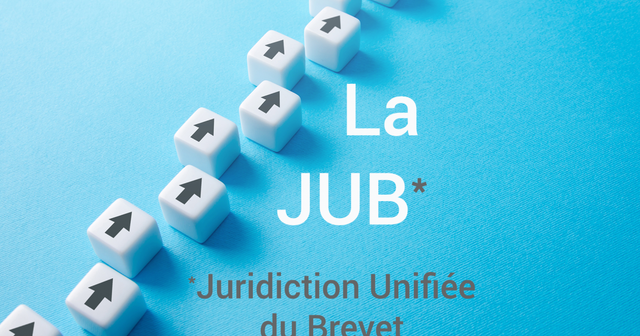 La feuille de route de la juridiction unifiée du brevet (JUB)BrevetsL’entrée en vigueur de l’accord de la JUB est actuellement prévu pour le 1er avril 2023. Vous trouverez dans cet article nos publications pour suivre en temps réel la feuille de route de la juridictio...Lire la suite
La feuille de route de la juridiction unifiée du brevet (JUB)BrevetsL’entrée en vigueur de l’accord de la JUB est actuellement prévu pour le 1er avril 2023. Vous trouverez dans cet article nos publications pour suivre en temps réel la feuille de route de la juridictio...Lire la suite DIAGNOSTIC PI - Un levier pour la croissance des TPE, PME et ETI innovantes avec BpifrancePME et start-up,BrevetsBénéficiez d’une prestation d’analyse et de conseil réalisée par l’un de nos experts en protection, structuration et valorisation de la propriété intellectuelle (PI), financée par Bpifrance à hauteur ...Lire la suite
DIAGNOSTIC PI - Un levier pour la croissance des TPE, PME et ETI innovantes avec BpifrancePME et start-up,BrevetsBénéficiez d’une prestation d’analyse et de conseil réalisée par l’un de nos experts en protection, structuration et valorisation de la propriété intellectuelle (PI), financée par Bpifrance à hauteur ...Lire la suite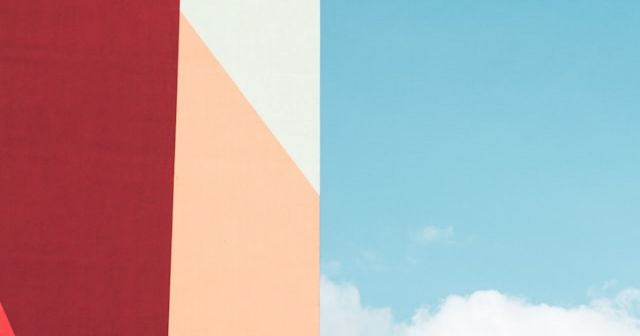 Post-Brexit : Fin de la période transitoire pour les marques clonéesMarques, dessins et modèlesAvec la fin imminente de la période transitoire pour les marques clonées au Royaume-Uni, celles-ci pourraient devenir vulnérables aux actions en déchéance pour non-usage.Lire la suite
Post-Brexit : Fin de la période transitoire pour les marques clonéesMarques, dessins et modèlesAvec la fin imminente de la période transitoire pour les marques clonées au Royaume-Uni, celles-ci pourraient devenir vulnérables aux actions en déchéance pour non-usage.Lire la suite- Blog | Flash infosPost-Brexit : fin de la période transitoire pour les marques clonéesÀ compter du 1er janvier 2026, la période transitoire post-Brexit prend fin : les marques clonées au Royaume-Uni devront justifier d’un usage effectif au Royaume-Uni. À défaut, elles pourront être ann...Lire la suite
- Blog | Flash infosArgentine : Procédure d’enregistrement des marquesL’INPI argentin réforme l’examen des marques (Rés. 583/2025) : certains motifs de refus ne sont plus examinés d’office et relèvent désormais de l’opposition. Dès le 1er mars 2026, l’examen de fond aur...Lire la suite
- Blog | Flash infosRoyaume Uni : Les nouvelles exigences de l’autorité de dépôt de micro-organismes en procédure de BrevetLe Royaume-Uni a notifié à l’OMPI des modifications concernant les exigences et les taxes du CABI Bioscience (IMI), autorité de dépôt internationale au titre du Traité de Budapest. Les nouvelles règle...Lire la suite
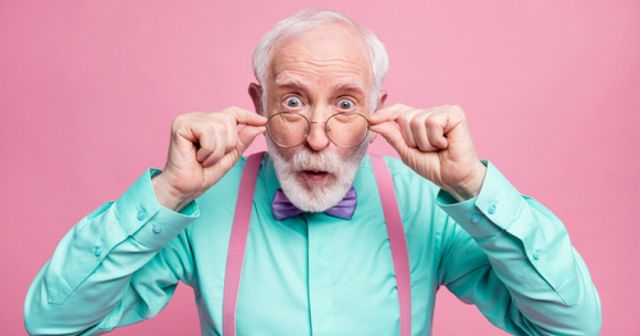 PASS PI - Un soutien financier pour intégrer la PI à votre stratégie d’entreprisePME et start-upNovagraaf, avec ses Conseils en Propriété Industrielle référencés à l’INPI, vous accompagne pour bénéficier du Pass PI, un dispositif qui finance partiellement vos dépôts de brevets et d’autres presta...Lire la suite
PASS PI - Un soutien financier pour intégrer la PI à votre stratégie d’entreprisePME et start-upNovagraaf, avec ses Conseils en Propriété Industrielle référencés à l’INPI, vous accompagne pour bénéficier du Pass PI, un dispositif qui finance partiellement vos dépôts de brevets et d’autres presta...Lire la suite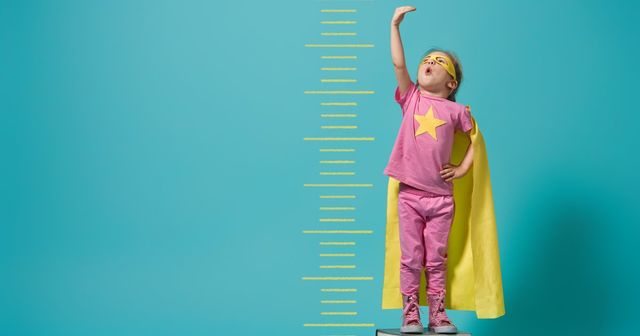 SME FUND - Une aide bienvenue pour les PME européennesPME et start-upLes petites et moyennes entreprises (PME) européennes peuvent bénéficier d’un remboursement sur leurs dépôts de brevets, marques ou dessins et modèles, afin de booster la protection de leurs droits de...Lire la suite
SME FUND - Une aide bienvenue pour les PME européennesPME et start-upLes petites et moyennes entreprises (PME) européennes peuvent bénéficier d’un remboursement sur leurs dépôts de brevets, marques ou dessins et modèles, afin de booster la protection de leurs droits de...Lire la suite- Blog | Flash infosQuand la distance entre les produits fait oublier à l'EUIPO la force intrinsèque d'une marque de renomméeLe TUE (aff. T-565/24) annule la décision de l’EUIPO et rappelle que la renommée d’une marque, même sur des produits différents, justifie une protection élargie. L’EUIPO avait erronément privilégié la...Lire la suite
- Blog | Flash infosIndonésie : Nouvelle exigence de Working Statement pour les titulaires de brevetsL’Indonésie impose désormais un working statement annuel pour tous les brevets délivrés. Les titulaires doivent déclarer l’exploitation locale ou l’absence d’usage via la plateforme du DGIP. Première ...Lire la suite
- Blog | Flash infosEntrée en vigueur du nouveau système européen de protection des indications géographiques pour les produits artisanaux et industrielsLa nouvelle réglementation CI de l’EUIPO (règlement 2023/2411), applicable dès le 1ᵉʳ décembre 2025, étend la protection des indications géographiques aux produits artisanaux et industriels. Elle offr...Lire la suite
- Blog | Flash infosBrésil : Discussion pour une règlementation des jeux de revendications alternatifsL’INPI Brésil a organisé le 2 décembre 2025 un événement pour discuter d’une future réglementation sur les jeux de revendications alternatifs (ACS). L’objectif : harmoniser la pratique avec les standa...Lire la suite
- Blog | Flash infosLa riposte de LULULEMON face aux « dupes »Lululemon obtient l’enregistrement de la marque américaine LULULEMON DUPE, après deux dépôts similaires au Benelux. Cette stratégie innovante pourrait renforcer sa lutte anti-contrefaçon face à la ten...Lire la suite
- Blog | Flash infosNouvelle bibliothèque numérique de l'OEB : un outil pour l'innovation et la prise de décisionL’OEB lance une bibliothèque numérique regroupant rapports, études, vidéos, podcasts et données interactives. Organisée en cinq collections et dotée de cartes de connaissances, elle facilite l’accès a...Lire la suite
- Blog | Flash infosCOP30 : clôture du sommet marquée par une vague de sites frauduleuxLa COP30 a été ciblée par plus de 30 faux sites imitant pages officielles et services liés à l’événement. Ces arnaques, renforcées par l’IA, visent à voler données et argent. L’UNFCCC alerte sur des d...Lire la suite
- Blog | Flash infosMise à jour du tableau de bord sur la qualité des recherches et des examens réalisés de l'OEBL’OEB publie son tableau de bord Qualité T3 2025 : 5,3 % des recherches et 6,4 % des examens audités présentent des erreurs, des résultats en amélioration rapprochant l’Office de son objectif de 5 %. ...Lire la suite